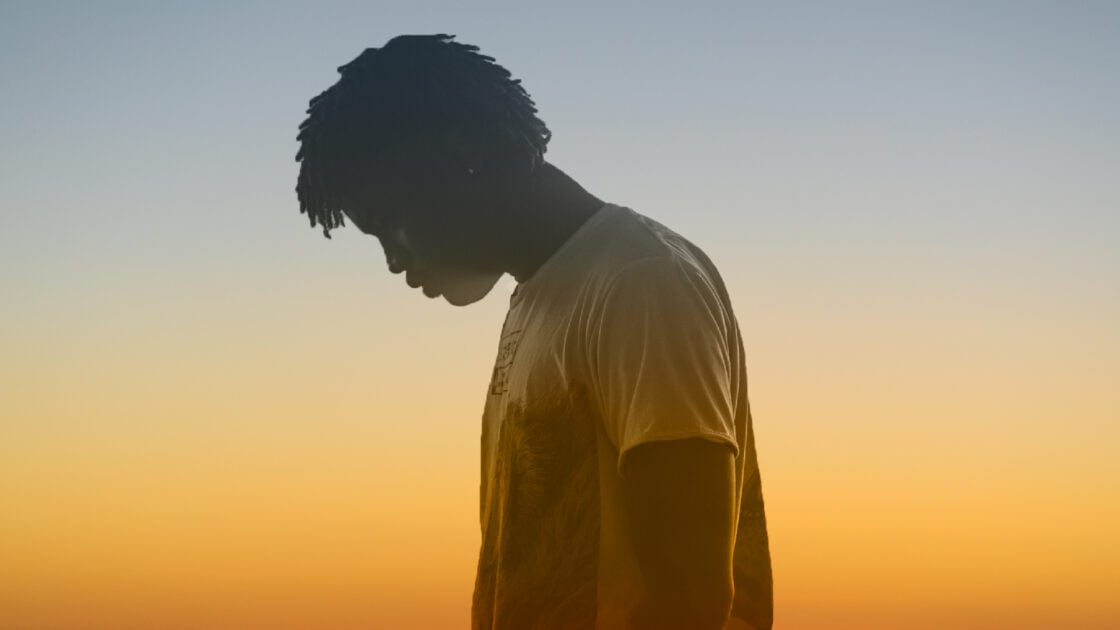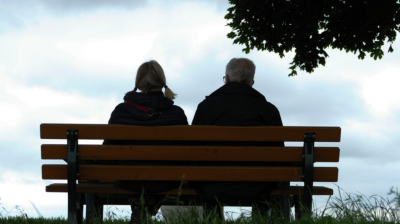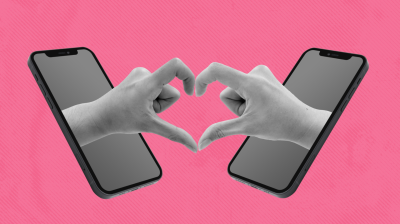What I wish people understood about self-harm
Charlie explores their changing triggers for self-harm, debunks stereotypes, and highlights wound care for personal well-being and healing.

Self-harm has a long list of reasons ‘why’ and this list is non-exhaustive.For me, the reason has changed over the years. When I first started, it was a way to distract myself from how I was feeling on the inside, to take the overwhelming feelings I didn’t know how to deal with and channel it into a coping mechanism I could work with.
After Covid-19 lockdowns, with the pressures of academics on my back and nothing that I could be certain of, it was something to count on. I felt that it gave me the power, gave me a breath of fresh air when I felt like I was drowning in study, in assignments, in the ever-approaching exam deadline. It felt like I was releasing a rubber band every time; the tension evaporated.
I would also often have crying fits, with the stress and worry of not succeeding academically weighing on me. I felt that self-harming was a way to stop these moments, allowing me to concentrate on studying and preventing my parents from realising that something was wrong.
I was always worried I was doing it for attention; maybe I wanted to get caught, maybe I wanted people to see what life was doing to me. After hiding it for six years, taking care not to get caught, I don’t think that’s the case anymore.
It’s not just as simple as the media suggests. Self-harm is defined as “the act of purposely hurting oneself as an emotional coping mechanism”. My ways kept changing. It kept escalating. My friends noticed but they couldn’t do anything to help. That’s the part that I hated the most, the impact on those around me who felt powerless to stop me; I felt powerless to stop myself.
‘Before’ is an okay time to get help, and so is far ‘after’. You can stop and start again, even after years.
When I started wanting to self-harm, I thought that if I went for help, no one would take me seriously. Once again, the stigma that people would find me attention-seeking was a component. And it was just scary; after all, if I admitted I might have a problem, it would start a long process I didn’t feel ready for. It felt like it wasn’t worth it if I didn’t have ‘proof’ that something was wrong. I should’ve gone to a safe person, and six years later, I wonder what might have happened if I had.
When I stopped the first time, I thought that was that. I was better. No need to get help, no need to even think about it. If I was better, why bother doing all that work, getting my family involved, it all seemed impossible. When it got bad again, I didn’t see the need to get help because I didn’t care about myself again. So the cycle continued- when I was better, I thought that I was being dramatic, and when I was bad again, there was no point in my mind. It wasn’t until years later that I sought help ‘after’ so that I could prevent it from escalating again.
The importance of wound care when it comes to self-harm
Wound care is important- in preventing blood loss, infection, etc. If you can’t stop yourself, knowing how to lower risk is central to keeping yourself healthy.
When I was younger I didn’t care about the sanitation of it all. There was no light at the end of the tunnel for me, so what did it matter if I got an infection or something else?
I made friends with another person who self-harmed after I had been doing it for a while- they had been to the hospital multiple times as a result of their self-harm, for infection and because they didn’t treat their cuts at all, which led to bad scarring and pain even years later.
After that, I did research on how to reduce that; primarily because I didn’t want to get caught and taken to hospital. I’m happy I did, because I don’t have much scarring now, and I have never had an infection, which allowed me to function better in daily life.
Self-harm can stop for no reason and that’s as valid a reason as any other. I remember seeing on TikTok videos of people who would mark on an app each day they got through self-harm free. I can’t remember the day I stopped. I just did. Suddenly I would realise every so often that I hadn’t self-harmed for a while. I couldn’t narrow down how long, it just was a while. There wasn’t a specific reason I stopped, I just did.
Maybe I learned to cope better with the world, or maybe I just have fewer stressors in my life but I didn’t make the conscious effort to stop at the end of it. I was happy I had, don’t get me wrong, I just didn’t need a reason to feel like it was justified. It just finished and that’s that.
Feeling overwhelmed and want to talk to someone?
- Get anonymous support 24/7 with our text message support service
- Connect with a trained volunteer who will listen to you, and help you to move forward feeling better
- Whatsapp us now or free-text SPUNOUT to 50808 to begin.
- Find out more about our text message support service
If you are a customer of the 48 or An Post network or cannot get through using the ‘50808’ short code please text HELLO to 086 1800 280 (standard message rates may apply). Some smaller networks do not support short codes like ‘50808’.






